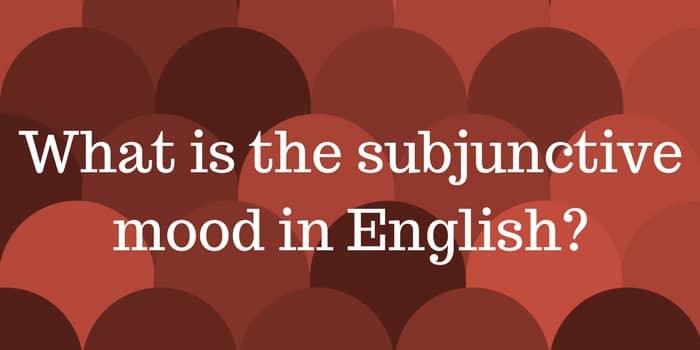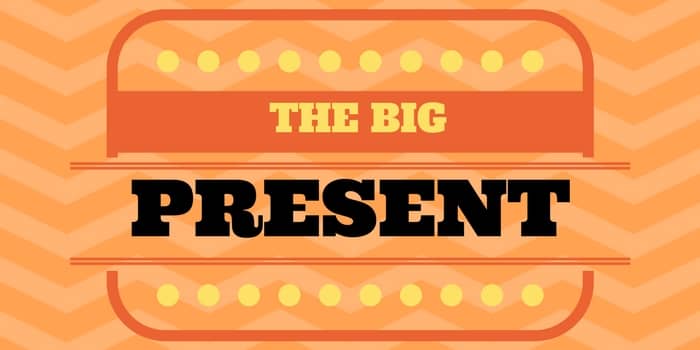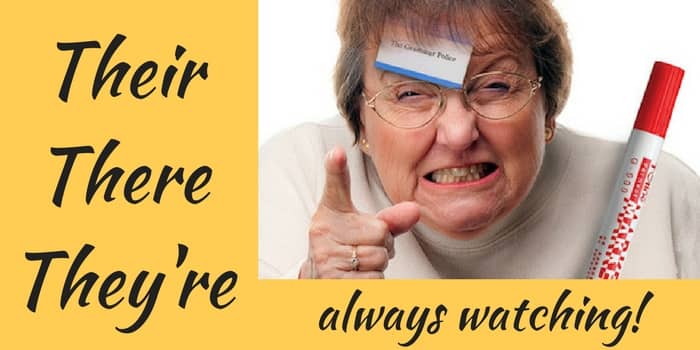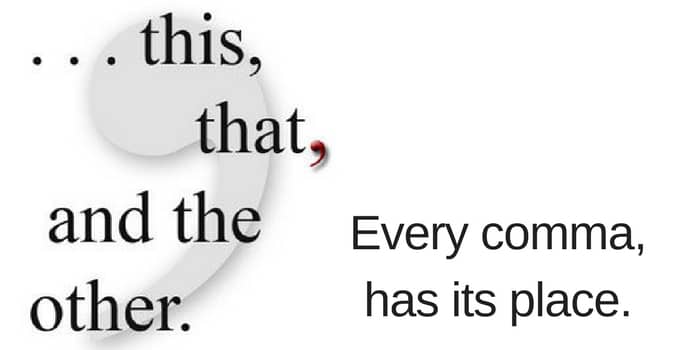 What is the subjunctive in English?
What is the subjunctive in English?
One part of speech in which I often see grammatical errors or incorrect use is the subjunctive.
In other languages it takes a different form or conjugation so is clearly recognisable, but in English, it can be a bit tricky as it uses the second person plural, which looks exactly like the bare infinitive. Then again sometimes it doesn’t worry about the second person and just goes back to the root verb. Be alert, and pay attention.
The subjunctive is utilised in formal, and more so now, in Business English when there is a need to express the importance or necessity of something. It usually follows verbs like recommend, insist or suggest, and other words that express these ideas, such as vital, necessary, important or essential.
The subjunctive takes the second person plural, which is the bare infinitive form of the verb, and all persons including the third person singular are written or spoken without an ‘s’. It has the same form whether we are referring to the present, past or future.
We recommend that all staff acknowledge receipt of this letter.
They insisted that we go with her.
It is vital that children remain in the school grounds until their parents collect them.
They claimed it was essential that the security system be checked.
In the negative form, the subjunctive does not take the auxiliary do:
They insisted that we not stay any longer.
It is vital that children not leave the school grounds until their parents collect them.
Note that the subjunctive form of the verb to be, is be for all persons:
I be / you be / he be / she be, etc.
To avoid the use of the subjunctive, use the structure should + infinitive:
We insist that all staff should acknowledge receipt of this letter.
They insisted that we should go with them.
It is vital that children should remain in the school grounds until their parents collect them.
The subjunctive is also used in some fixed phrases:
Be that as it may, you are still required to attend.
If they insist on that attitude, then so be it.
Heaven forbid!
God save theQueen!
The use of the verb form were in some conditional sentences is also a form of the subjunctive:
If I were you, I’d see a doctor.
He wishes he were here with you.
But, I be a writer and be good at grammar too, is not the subjunctive, however.
Good luck with perfecting your use of this not so often used, but very useful part of speech.




So much easier than trying to teach the Spanish subjunctive to English-speaking people!
Il faut que j’apprends Fatima! lol
A tricky subject – it’s true. But most English speaking people use it correctly without pause, quite naturally, don’t you think? Great post, Derek.
Probably right Pat. But in business English, where it is very useful, I see it being used poorly quite often.
I’m off to bed soon. I’ll sleep on that information and test myself in the morning. I appreciate the lesson. I have long been challenged by the appropriate use of the complex English language. I was one of those students who thrived in math class and snoozed on literature.